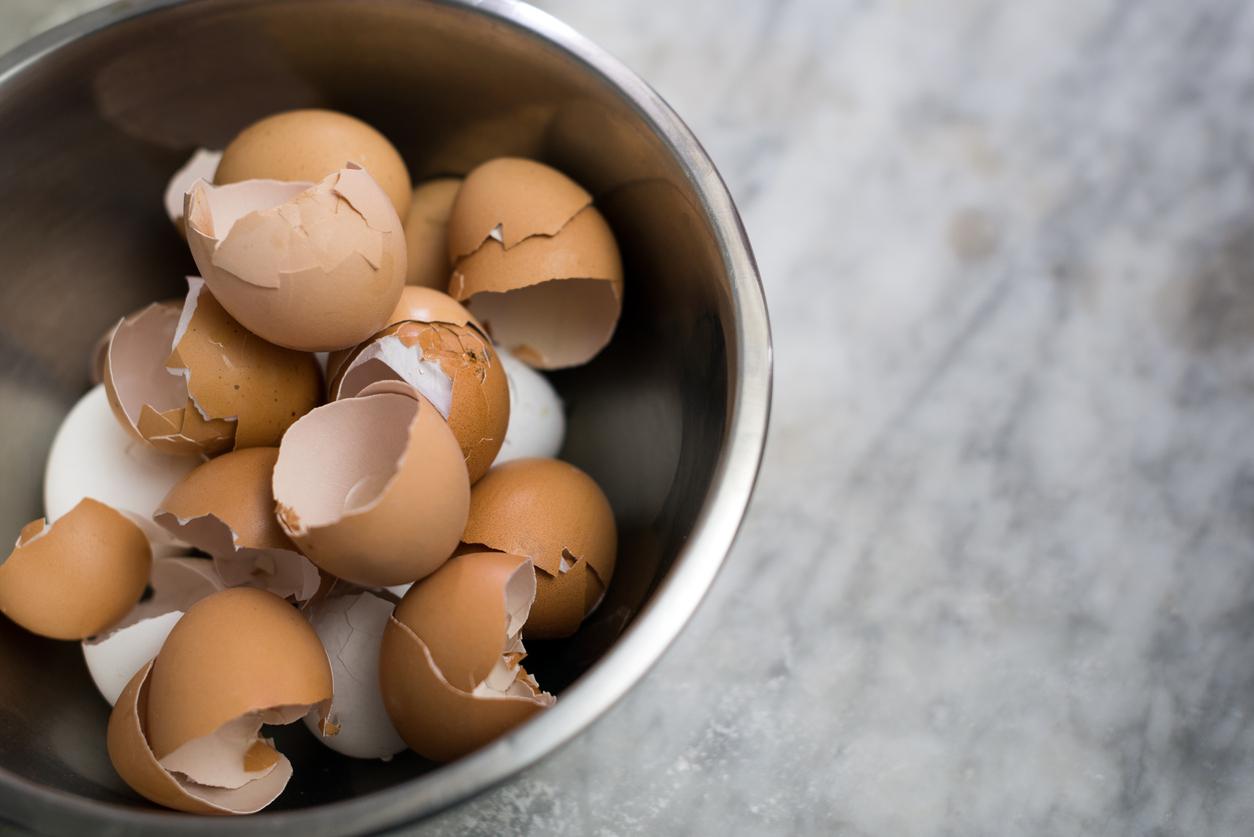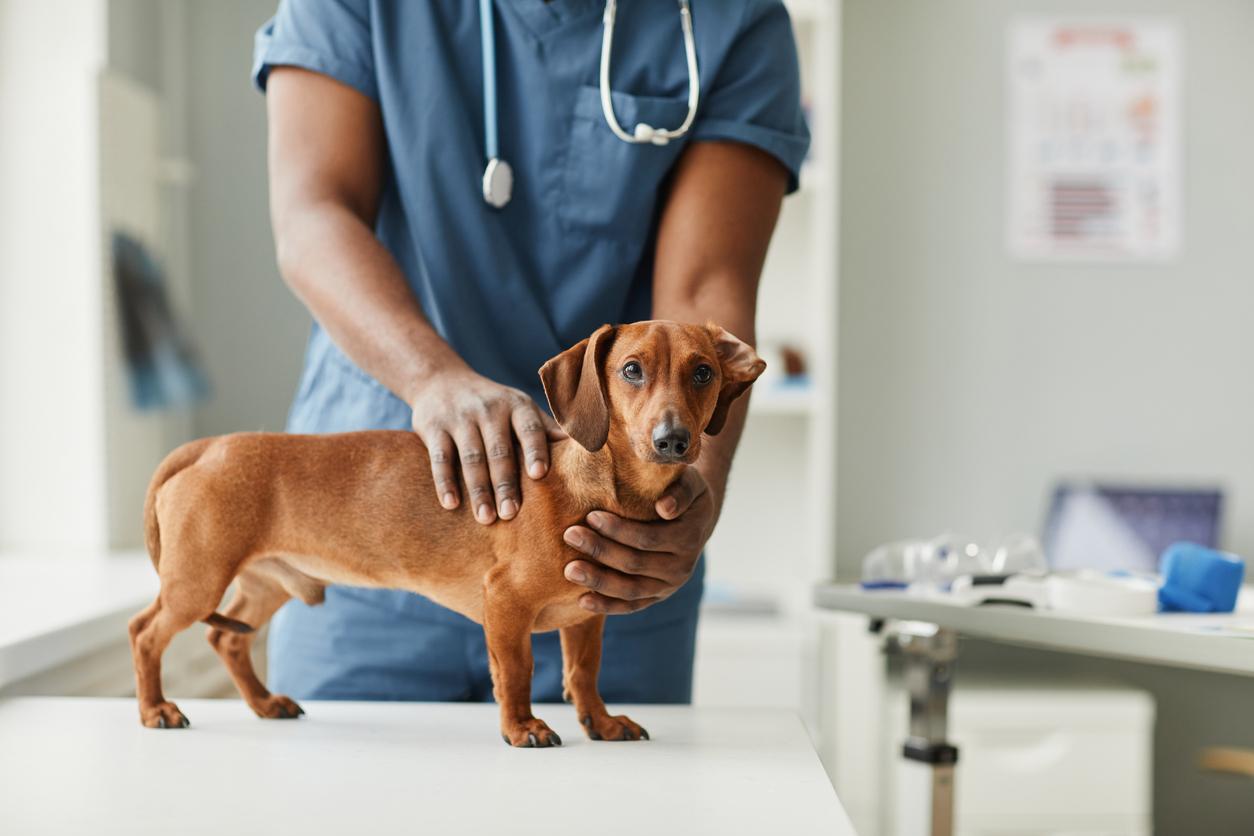Are Eggshells Safe for Your Dog to Eat? According to Experts, You Should Avoid Them
Domesticated dogs do not have to rely on their hunting prowess for nutrition, so in most cases, feeding them eggshells is unnecessary.
Published April 2 2024, 9:52 a.m. ET

Whether it's the day after dying eggs on Easter or your family is preparing an omelet for brunch, you may be wondering if your companion dog can eat leftover eggshells as one way to reduce waste in the kitchen.
Hopefully, you're already cooking with—and eating—vegan egg substitutes, but finding out whether dogs can have eggshells is important as a pet parent.
As always, consult with a veterinarian before making any modifications to your companion dog's diet. Keep reading to find out if your pup can safely consume eggs and egg shells, what restrictions to be aware of, and how to keep your dog in good health.

Can dogs eat egg shells?
If your dog has certain underlying health conditions, avoid including eggshells as a supplement to their regular diet, which should already provide their daily nutritional requirements.
According to The Dodo, eggshells are unsafe to feed to dogs with high calcium levels and dogs who have experienced calcium oxalate bladder stones.
“Dogs with a history of these diseases should not eat eggshells due to the increased calcium,” Dr. Michelle Burch tells The Dodo.
In addition to eggshells being dangerous for dogs with those health conditions, they could also pose a risk to the health and bone formation of pregnant dogs and puppies.
Furthermore, improperly cleaned eggshells may pose a risk of exposing your dog to salmonella, according to The Dodo.
Also, the American Kennel Club notes that there are better ways to supplement calcium for dogs who need it, and an eggshell's jagged edges pose an unnecessary risk for choking or damage to organs.

Can dogs eat eggs?
Yes, most dogs without underlying health issues can occasionally consume a small portion of eggs. However, while eggs contain some nutrients that dogs may find beneficial, feeding dogs eggs is unnecessary. Their regular diet of commercially available food is often tailored to their daily nutritional needs.
Pet food brand Purina cautions to not feed your dog raw eggs. If you're thinking of tossing some of your scrambled eggs to your dog, be sure there is no butter or seasoning on it.
Of course, if you're eating vegan eggs, it's natural to wonder if the safer ingredients for you would likewise be safer for your dog. Some vegan egg substitutes may contain beans, and some varieties can harm your dog.
Certain oils may also be present in egg substitutes, which could pose a health risk for your dog.

Do eggs pose health risks for dogs?
According to Purina, raw eggs expose your dog to salmonella. Additionally, dogs may develop a biotin (aka Vitamin B7) deficiency if they consume raw eggs long-term.
Eggshells likewise can provide too much calcium to dogs who otherwise don't need it with a balanced diet. According to Purina, vomiting and diarrhea are common symptoms that puppies may present if their tummies are sensitive to eggs.